In 2025, Perplexity AI and ChatGPT are two of the most popular AI tools, each offering unique features and capabilities. As artificial intelligence continues to shape how we work and interact, choosing the right tool for your needs is more important than ever. But with so many options out there, how do you know which one is right for you?
In this article, we’ll compare Perplexity AI vs ChatGPT, highlighting their strengths and weaknesses. Whether you’re a business owner, student, or content creator, understanding the differences between these AI tools can help you make an informed decision.
Tool Introductions
To better understand the differences between Perplexity AI vs ChatGPT, let’s first take a look at what each tool offers and how they work.
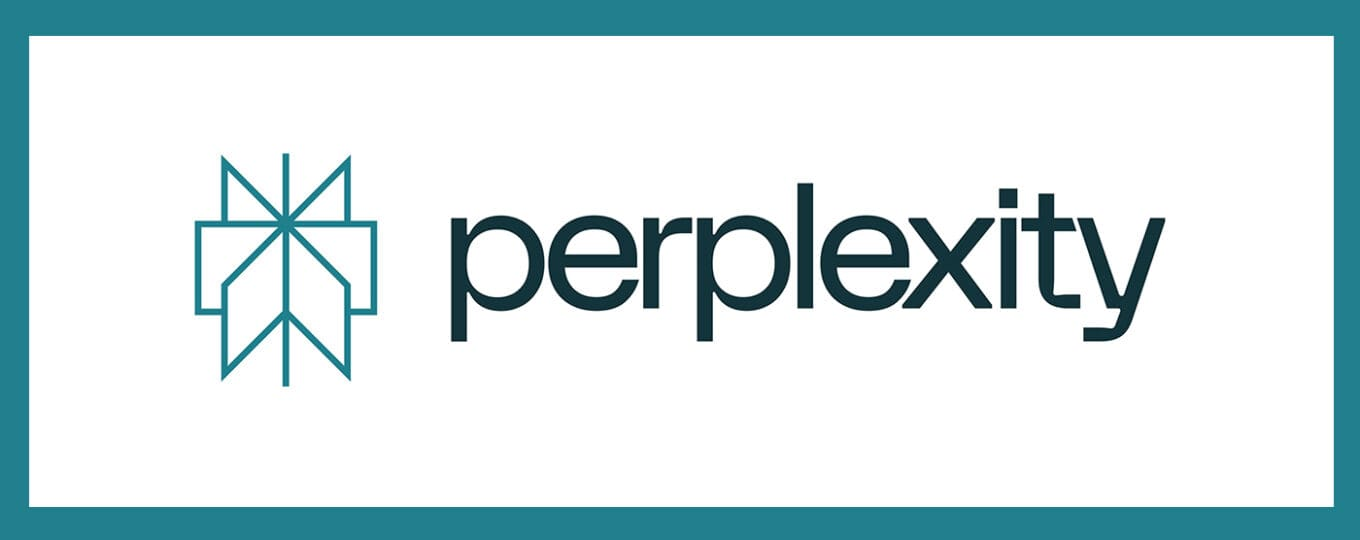
Perplexity AI is an AI-powered search engine designed to provide real-time, data-backed answers. Unlike traditional search engines, it gathers information from various sources and presents it in a clear and concise manner. This makes Perplexity AI an excellent tool for AI research and fact-checking. It is particularly useful for users who need reliable, well-referenced information quickly.
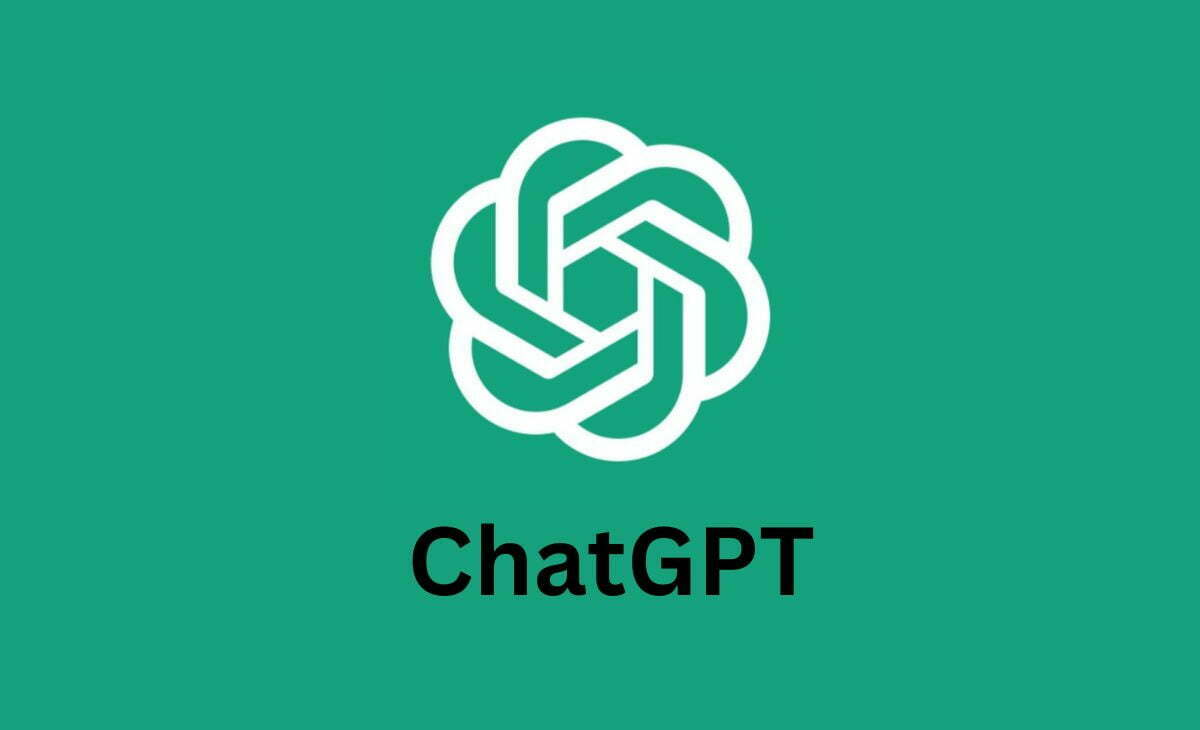
ChatGPT, developed by OpenAI, is a powerful AI chatbot designed for conversation and content generation. Unlike Perplexity AI, which focuses on retrieving factual information, ChatGPT excels at producing human-like text based on prompts. It can write essays, create marketing copy, answer questions, and even engage in casual conversation.
To make a more informed choice between Perplexity AI vs ChatGPT, it's important to dive deeper into the distinctions between these two tools. We'll compare their technology architecture, response styles, use cases, accuracy, speed, flexibility, and learning capabilities.
| Aspect | Perplexity AI | ChatGPT |
| Technology Architecture | Perplexity AI architecture relies on real-time web search and aggregation, pulling up-to-date information from various sources and providing citations. | ChatGPT architecture is based on OpenAI’s GPT model, which uses pre-trained data and a large neural network to generate text, focused on conversational AI. |
| Response Style | Perplexity AI responses are fact-based, precise, and supported by citations. Great for research and information retrieval. | ChatGPT responses are conversational, context-aware, and generate creative text that mimics human-like interaction, ideal for tasks requiring dialogue and creativity. |
| Use Cases | Perplexity AI use cases are best suited for AI research, data analysis, academic work, and fact-checking. | ChatGPT use cases include content creation, customer service, marketing, and personal assistance, as well as interactive conversations. |
| Accuracy | Perplexity AI excels in providing highly accurate, up-to-date answers, sourced from the web. It is designed for users needing verified information. | ChatGPT can generate accurate answers but may sometimes provide outdated or less factual information, as it relies on pre-trained data. |
| Speed | Perplexity AI offers quick results when fetching and citing real-time data from the web. | ChatGPT can generate responses almost instantly but may take slightly longer to process complex prompts, as it generates creative, human-like content. |
| Flexibility | Perplexity AI is more rigid, focusing on factual information. It doesn’t engage in open-ended conversations. | ChatGPT is much more flexible, capable of adapting to various conversational tones, topics, and tasks, including creative writing and customer interaction. |
| Learning Capabilities | Perplexity AI continuously fetches updated data, but it doesn’t learn from its interactions. | ChatGPT improves with feedback and learning over time, refining responses and accuracy based on prior conversations. |
By understanding the key differences in architecture, response style, use cases, and other factors, you can make a more informed decision when choosing between Perplexity AI vs ChatGPT. Each tool has its strengths, so the right one for you depends on your specific needs—whether that’s reliable research or creative conversation.
Understanding how Perplexity AI vs ChatGPT work in real-world scenarios can help you determine which tool fits your needs. Let’s explore how each of these AI tools is applied in academic, business, and personal use.
Academic Research
Perplexity AI in education is an excellent tool for academic research. It provides quick, accurate, and well-sourced information for students and researchers. By using AI for research, Perplexity AI helps users find reliable data in real-time, making it easier to support academic work with credible sources. For instance, a student researching climate change can use Perplexity AI to gather up-to-date data from trusted sources, ensuring the accuracy of their findings.

ChatGPT in education offers a different approach. It can help students understand complex topics by breaking them down into simpler terms. Whether it’s explaining math concepts or assisting with writing essays, ChatGPT acts as a tutor. It also helps in brainstorming and organizing ideas for projects. For example, a student could ask ChatGPT for help creating an outline for an essay on history, receiving a structured guide in return.
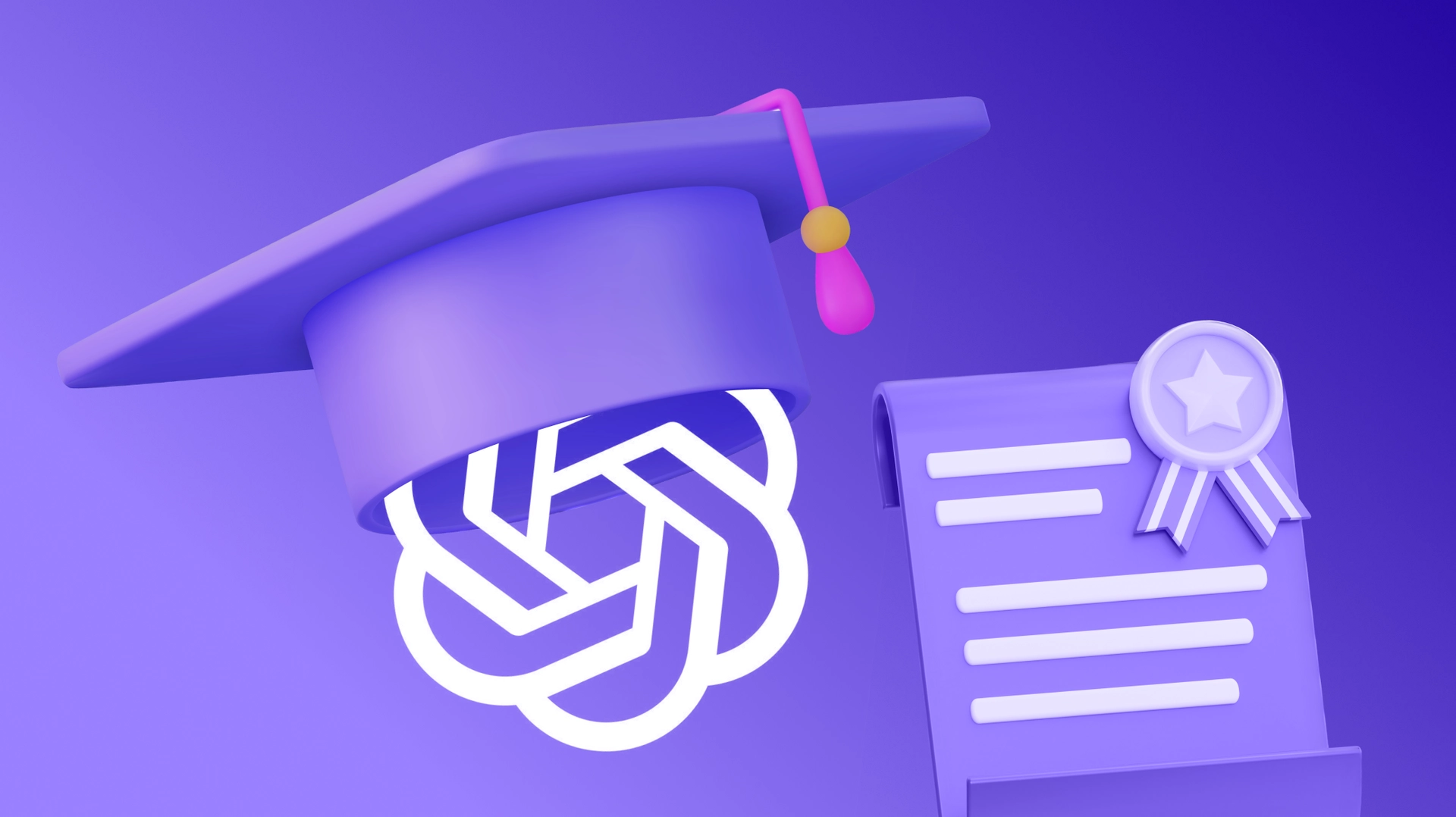
Business Use Cases
- ChatGPT for business is an excellent tool for automating customer service, marketing, and internal communications. With its ability to engage in natural, human-like conversations, ChatGPT can handle customer queries, assist in writing product descriptions, or even craft email responses. Many companies use AI in business to reduce human workload while maintaining customer satisfaction. For example, a small e-commerce business uses ChatGPT to handle customer inquiries, saving time and resources.
- Perplexity AI business applications are centered around delivering accurate, real-time data to support decision-making. For instance, businesses can use Perplexity AI to quickly gather information about market trends, competitor analysis, or customer feedback. With its ability to retrieve information from reliable sources, Perplexity AI is a valuable tool for businesses in research and strategy development.
Personal Use Experience
- ChatGPT for personal use can assist with daily tasks like writing emails, creating to-do lists, or even brainstorming gift ideas. Its conversational nature makes it easy to interact with, making it a great AI tool for individuals. A user might rely on ChatGPT for personal tasks such as drafting an email to a friend or asking for advice on handling a situation at work.
- Perplexity AI for personal use is useful for anyone looking for quick, factual information. Whether it's looking up a recipe, researching a new topic, or checking the latest news, Perplexity AI offers fast and reliable answers. For example, a user could use Perplexity AI to find the most current information on a health topic, ensuring they have access to the latest, verified research.
By understanding the real-world applications of Perplexity AI vs ChatGPT, you can choose the tool that best fits your needs, whether it's for academic research, business efficiency, or personal assistance. Both tools have their strengths, and the right choice depends on how you plan to use them.
Pros and Cons Analysis: Perplexity AI vs ChatGPT
When deciding between Perplexity AI vs ChatGPT, it's important to weigh their advantages and disadvantages. Both AI tools excel in different areas, and understanding their strengths and weaknesses can help you choose the best tool for your needs.
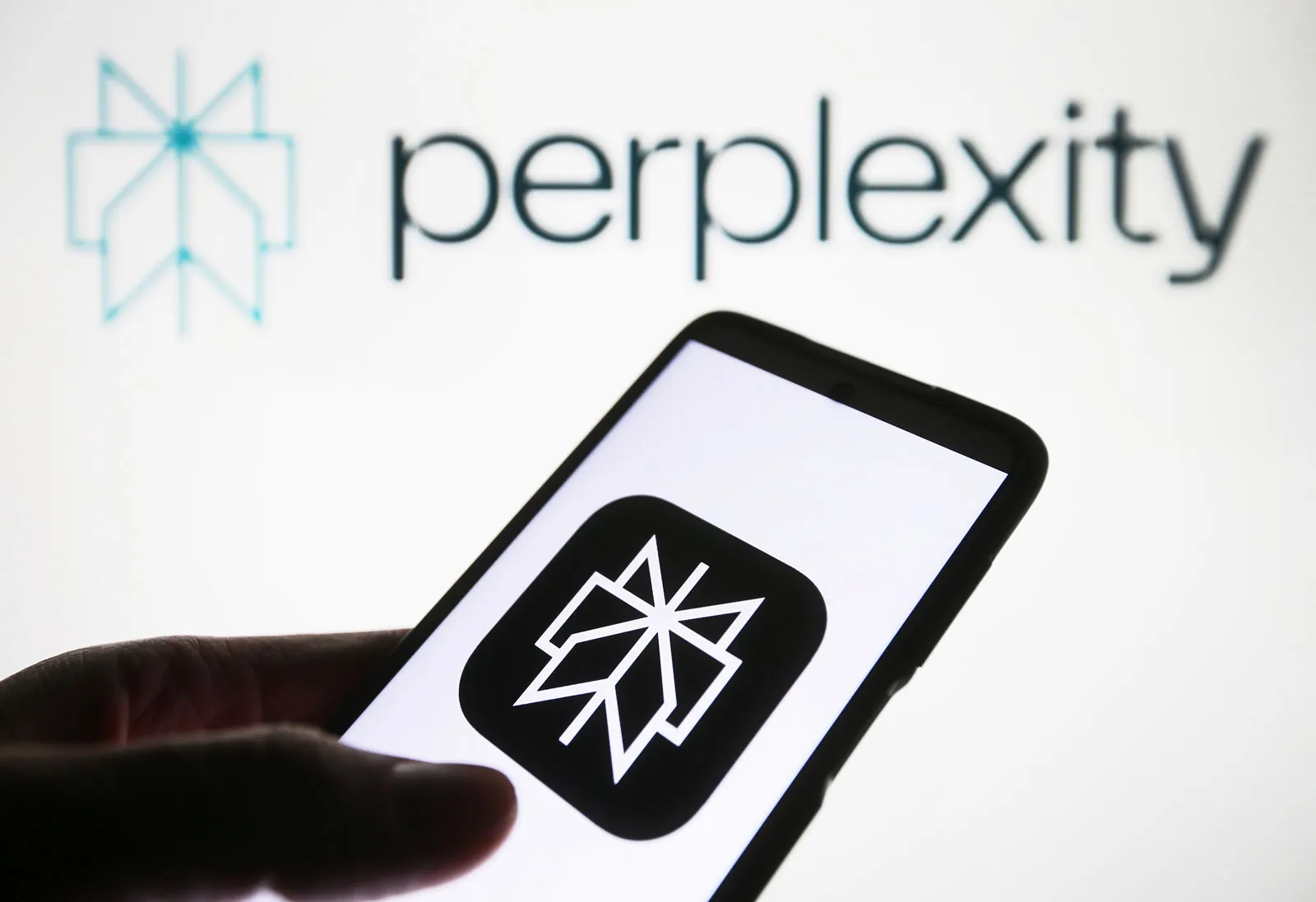
- Pros:
- Accuracy: Perplexity AI provides real-time, accurate answers backed by citations. This makes it an excellent tool for research and fact-checking.
- Up-to-date information: It pulls information from the web, ensuring the latest data is included in the responses.
- Source reliability: Because it uses multiple sources, Perplexity AI offers more trustworthy and diversified answers.
- Cons:
- Limited interactivity: It doesn’t have a conversational interface like ChatGPT, making it less suited for casual conversations.
- Lack of creativity: It’s focused on delivering factual information, so it doesn’t generate creative content like ChatGPT.
- Not great for open-ended tasks: For tasks that require deep engagement or creative thinking, Perplexity AI might not be the best choice.
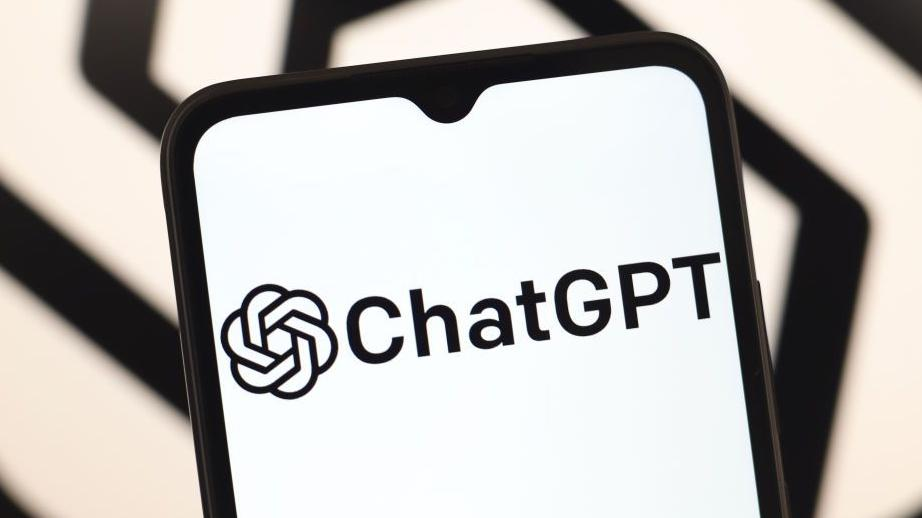
- Pros:
- Engaging conversation: ChatGPT excels in maintaining natural conversations, making it ideal for customer service, content creation, and interactive tasks.
- Creativity: It’s great for brainstorming, writing, and generating ideas for projects, essays, or even creative content.
- Versatility: ChatGPT can perform a wide variety of tasks, from casual conversations to professional applications like marketing and customer support.
- Cons:
- Potential inaccuracies: While ChatGPT generates impressive responses, it may sometimes provide inaccurate or outdated information, as it does not have access to real-time data.
- Lack of source verification: Unlike Perplexity AI, ChatGPT does not provide citations for its responses, which can be problematic for research purposes.
- Context limitations: For longer conversations or more complex tasks, ChatGPT may struggle to keep track of context over extended interactions.
Features and Pricing: Perplexity AI vs ChatGPT
When choosing between Perplexity AI vs ChatGPT, it's important to compare their features and pricing strategies. Both tools offer unique functionalities that cater to different needs. Let’s take a closer look at their features and costs to help you make an informed decision.
Feature Comparison
- Perplexity AI features:
- Real-Time Data Access: Perplexity AI pulls data from the web to provide up-to-date, reliable information. This makes it great for research and fact-checking.
- Citations: All answers are supported by citations from credible sources, which is ideal for users needing verified data.
- AI-Powered Search: It works as a search engine that helps you find accurate answers by aggregating information from multiple sources.
- ChatGPT features:
- Conversational AI: ChatGPT excels in holding natural conversations. It can respond to questions, engage in dialogue, and help with creative tasks like writing and brainstorming.
- Content Creation: ChatGPT can generate content for blogs, emails, social media posts, and more. It is widely used for tasks that require creativity and flow.
- Customizable Responses: ChatGPT adapts its responses based on the context and tone of the conversation, making it versatile for both formal and informal communication.
Pricing Strategies
- Perplexity AI pricing:
- Free Access: Perplexity AI offers free access to most of its features, making it a great option for students, researchers, or anyone needing reliable information at no cost.
- Subscription Plans: For users requiring additional features, Perplexity AI offers paid subscription plans starting at $9.99 per month. These plans may include faster response times, expanded data access, and more advanced tools.
- ChatGPT pricing:
- Free Version: The free version of ChatGPT provides access to basic features, making it perfect for casual use or small tasks.
- ChatGPT Plus: For $20 per month, ChatGPT Plus offers users access to enhanced features such as faster response times, priority access to new features, and availability during peak hours.
- Enterprise Plans: Businesses and large-scale users can request customized pricing for ChatGPT Enterprise, which provides advanced capabilities and priority support based on their specific needs.
Choosing the right AI tool depends on your specific needs. Whether you're looking for research accuracy or creative assistance, understanding the strengths of Perplexity AI vs ChatGPT can help guide your decision.
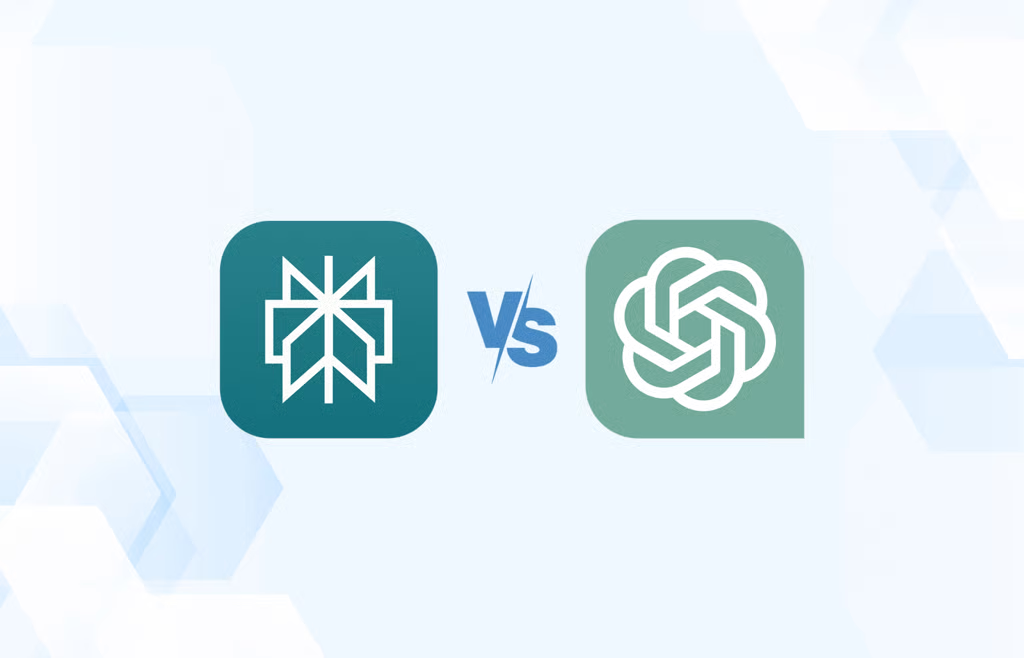
Based on User Needs
- Choosing AI tools: When selecting an AI tool, consider what tasks you need it to perform. If you're seeking a tool for research, Perplexity AI is an excellent choice due to its real-time data aggregation and citation-based responses. It’s perfect for gathering accurate information quickly.
- Perplexity AI vs ChatGPT recommendations: If you need a tool for creative content generation, ChatGPT is the better option. It’s well-suited for businesses that require content writing, customer service automation, and conversational engagement.
- Selecting the best AI tool: For business use, ChatGPT can help with marketing, content creation, and customer support. If your focus is more on research, Perplexity AI would be a better match. It provides reliable, up-to-date data, making it ideal for decision-making and academic tasks.
- Best AI for research: Perplexity AI excels here. It delivers quick, fact-checked answers that can support academic work, reports, and data-heavy business decisions.
Scenario Recommendations
- Best use cases for Perplexity AI: If you're conducting research for a project, academic paper, or market analysis, Perplexity AI will be your go-to tool. It excels in providing accurate and well-sourced information. For example, researchers in fields like medicine or technology use Perplexity AI to find the latest studies and data.
- Best use cases for ChatGPT: If you’re in need of content creation, ChatGPT is the right tool. Whether it's blog posts, social media updates, or email templates, ChatGPT can help generate ideas, structure content, and maintain a consistent voice across multiple channels.
- Choosing AI for education: For students, Perplexity AI is useful when looking for reliable, citation-backed information. It’s also ideal for those needing help with data research, while ChatGPT can assist with explanations, summaries, and assignments where conversational understanding is key.
- Choosing AI for business: In business, ChatGPT can handle customer inquiries, generate sales copy, and improve customer experience. Perplexity AI, on the other hand, can be used for research purposes, market analysis, and understanding current trends.
- AI for content creation: ChatGPT is best for anyone involved in content creation. Its ability to generate natural-sounding text quickly makes it indispensable for marketers, bloggers, and social media managers.
Recommended Tool: DICloak for Secure Account Sharing
When using AI tools like Perplexity AI or ChatGPT, managing shared access securely is essential. DICloak offers a safe and cost-effective way to share accounts while keeping data protected.

- Save Costs: Share accounts securely with DICloak, allowing multiple users to access a single license.
- Unified Fingerprints: Prevent detection and account issues by using DICloak’s unified fingerprint and IP settings.
- Avoid Account Theft: Secure shared accounts with isolated profiles, protecting sensitive data like passwords and subscription details.
Web Element Hider: DICloak’s Web Element Hider masks sensitive elements (like text fields and buttons), ensuring that privacy is maintained while sharing accounts.
With DICloak, you can manage account sharing securely, cut costs, and protect your sensitive data, making it an ideal solution for using tools like Perplexity AI and ChatGPT across your team.
FAQ
1. Which tool is better for research: Perplexity AI or ChatGPT?
- Perplexity AI is better for research as it provides real-time, accurate information from trusted sources.
2. Can I use ChatGPT for business purposes?
- Yes, ChatGPT is great for content creation, customer service, and automating communication in businesses.
3. Is Perplexity AI suitable for casual use?
- Perplexity AI is focused on delivering factual data, so it's more suited for research than casual conversations.
4. How much do Perplexity AI and ChatGPT cost?
- Perplexity AI is free, while ChatGPT offers both a free version and a paid ChatGPT Plus plan at $20 per month for premium features.
Conclusion
In summary, Perplexity AI vs ChatGPT each excels in different areas. Perplexity AI is perfect for research and data-backed information, making it ideal for tasks requiring accuracy and reliability. On the other hand, ChatGPT is best suited for content creation, customer support, and conversational tasks, offering creativity and interaction. For businesses and individuals managing multiple accounts, DICloak enhances security and efficiency, making it easier to share accounts and automate tasks without compromising privacy.